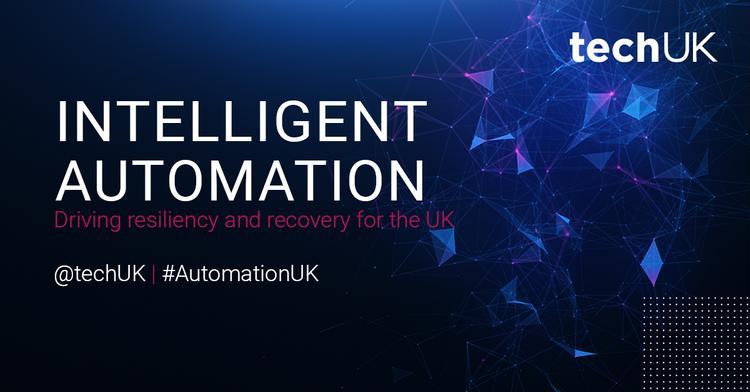It’s time we changed the narrative on AI

There are incredible opportunities for automation in nearly every area of business. From the automation of routine, manual tasks through to augmented intelligence to help people make better decisions, artificial intelligence has the potential to transform the way we live and work.
Conversely for many employees this trend can spark anxiety over largescale loss of jobs. The scale of change predicted makes this fear understandable. McKinsey predicts that 7.1 million people in the UK will need to transition into new jobs by 2030 because of automation and AI. A figure that increased to 8.1 million as a direct result of the speed with which the Covid-19 pandemic forced companies to embrace automation.
At QA we believe that this narrative of fear needs to change to one of opportunity. PwC forecasts that UK GDP will be up to 10.3% higher in 2030 as a result of AI, that’s £232bn, creating a significant commercial opportunity for both businesses and the economy. The World Economic Forum’s Future of Jobs report found that over the next five years potentially 50 percent of all employees will need reskilling while 34 percent of businesses surveyed plan to expand their workforce due to technology integration. We need to start talking in terms of evolving and shaping our workforce so that everybody can take advantage of the opportunity AI offers.
For over 30 years QA has been helping learners and organisations build the digital skills of the future. Automation is no different to the many disruptive technologies that have come before it. The challenge for this evolution is how to build the skills fast enough. The UK’s deepening digital skills crisis means organisations can no longer hire their way to success. Instead reskilling existing staff will become essential to developing competitive edge in the Digital Age. While the automation technology is intelligent it takes the intimate knowledge of how organisations work to deploy it securely, effectively and in many cases ethically. The value of that knowledge, which abounds amongst every organisations employees, should not be underestimated.
Innovative organisations like QA client Nationwide Building Society are already reskilling employees to meet the need for new roles that require a greater blend of business and technology acumen. Together we have designed and delivered a reskilling programme that achieves greater results than traditional recruitment because the reskilled employees have more of an impact on day one in their new positions.
From the work that QA has carried out with a number of clients we believe that a significant percentage of the existing workforce will already demonstrate the aptitude and motivation to successfully participate in a digital reskilling programme. By approaching reskilling as a business change activity that starts with raising awareness and demystifying future career possibilities an even greater percentage can be inspired to participate. For example, an intensive, 3-month reskilling bootcamp that will equip colleagues with the knowledge and skills needed for the emerging new roles. This approach increases the diversity of the workforce engaged in technical roles, ensures organisations retain existing business knowledge, and can accelerate the transformation journey.
To get ready for the future we recommend that business leaders think now about:
- The roles that could be automated with existing technology and the opportunities that will create for clients and the business
- The harder-to-obtain but greater value automation opportunities that will require new skills and a plan to reskill displaced employees for those roles
- A programme to engage with existing employees to raise awareness and interest in future careers, addressing the misconceptions and preconceived ideas about the future of work to maximise the impact of a reskilling programme.
- Reviewing the approach to learning and development recognising that the pace of change requires a shift towards different ways of learning that incorporate the best of digital, self-guided and instructor-led training.
By taking this approach, we will reframe the narrative from one of uncertainty and fear to a positive, common purpose that every employee can engage with.
To find out more about how QA can help reskill employees in key emerging technologies, visit qa.com

Laura Foster
Laura is techUK’s Associate Director for Technology and Innovation.








